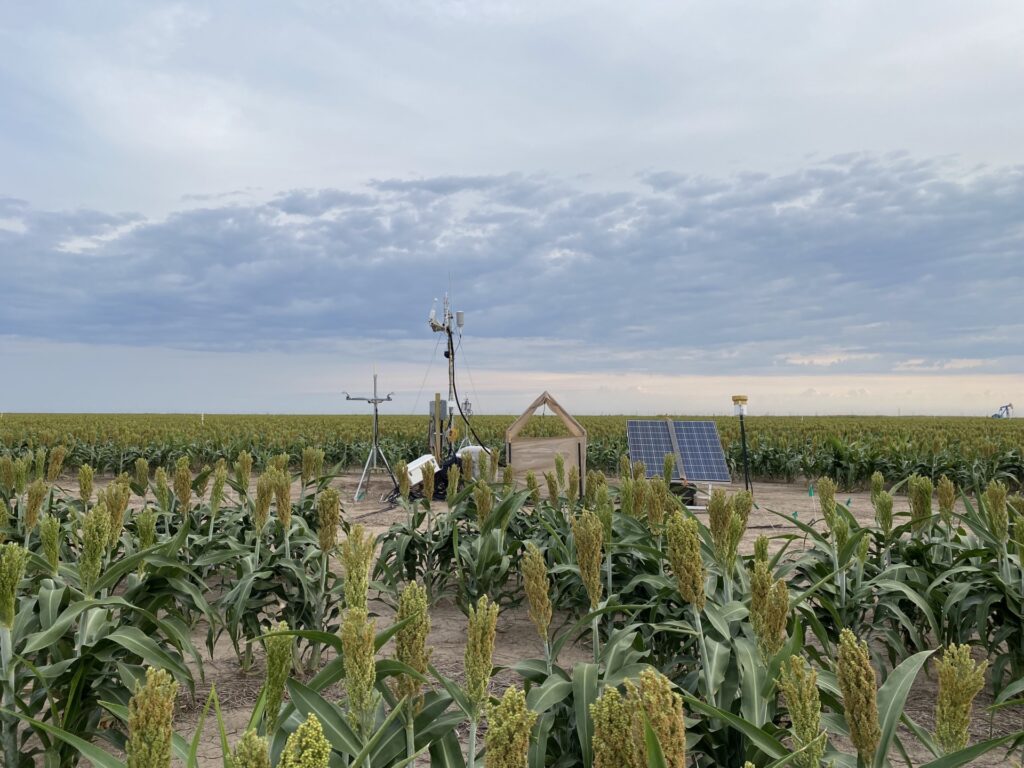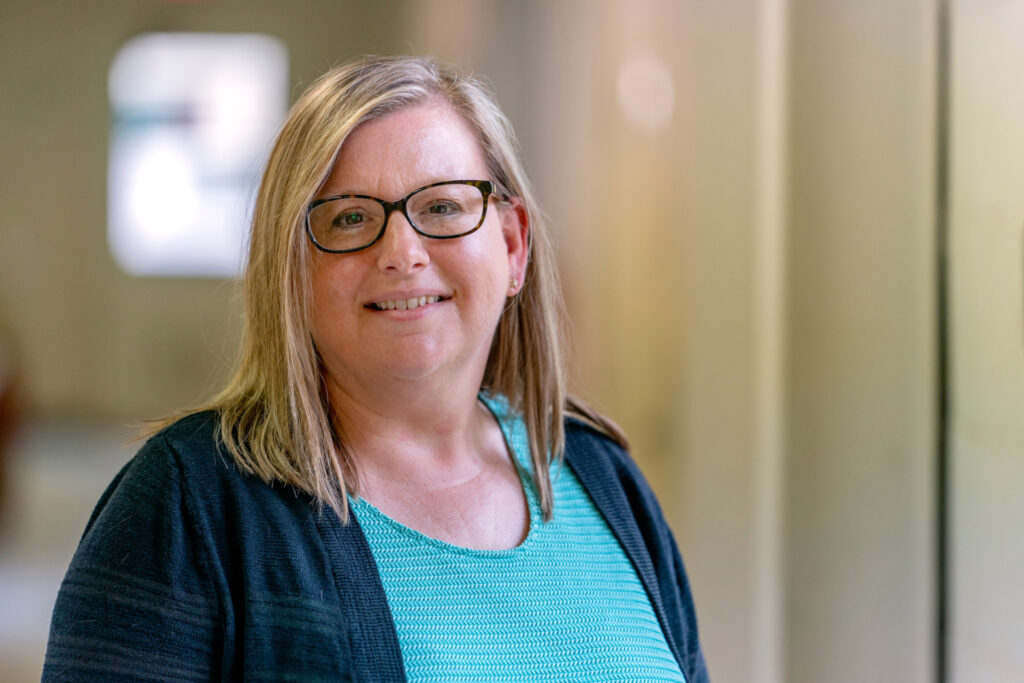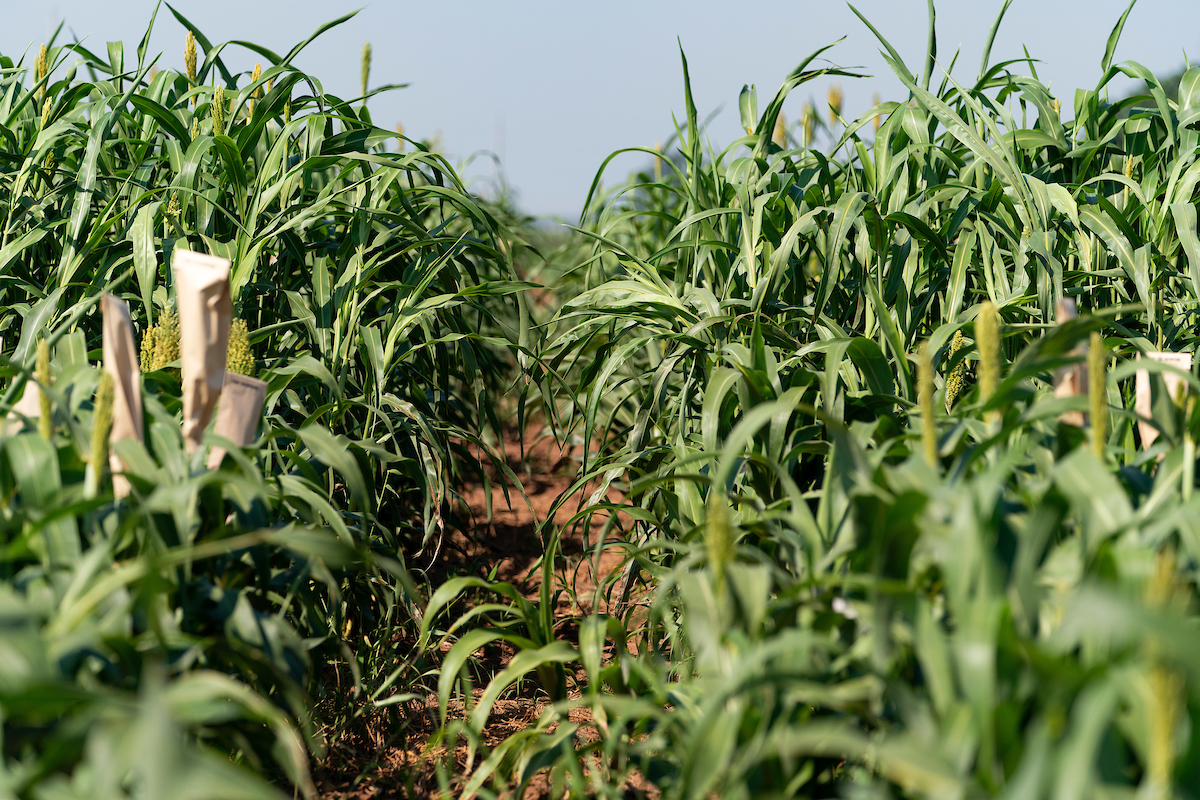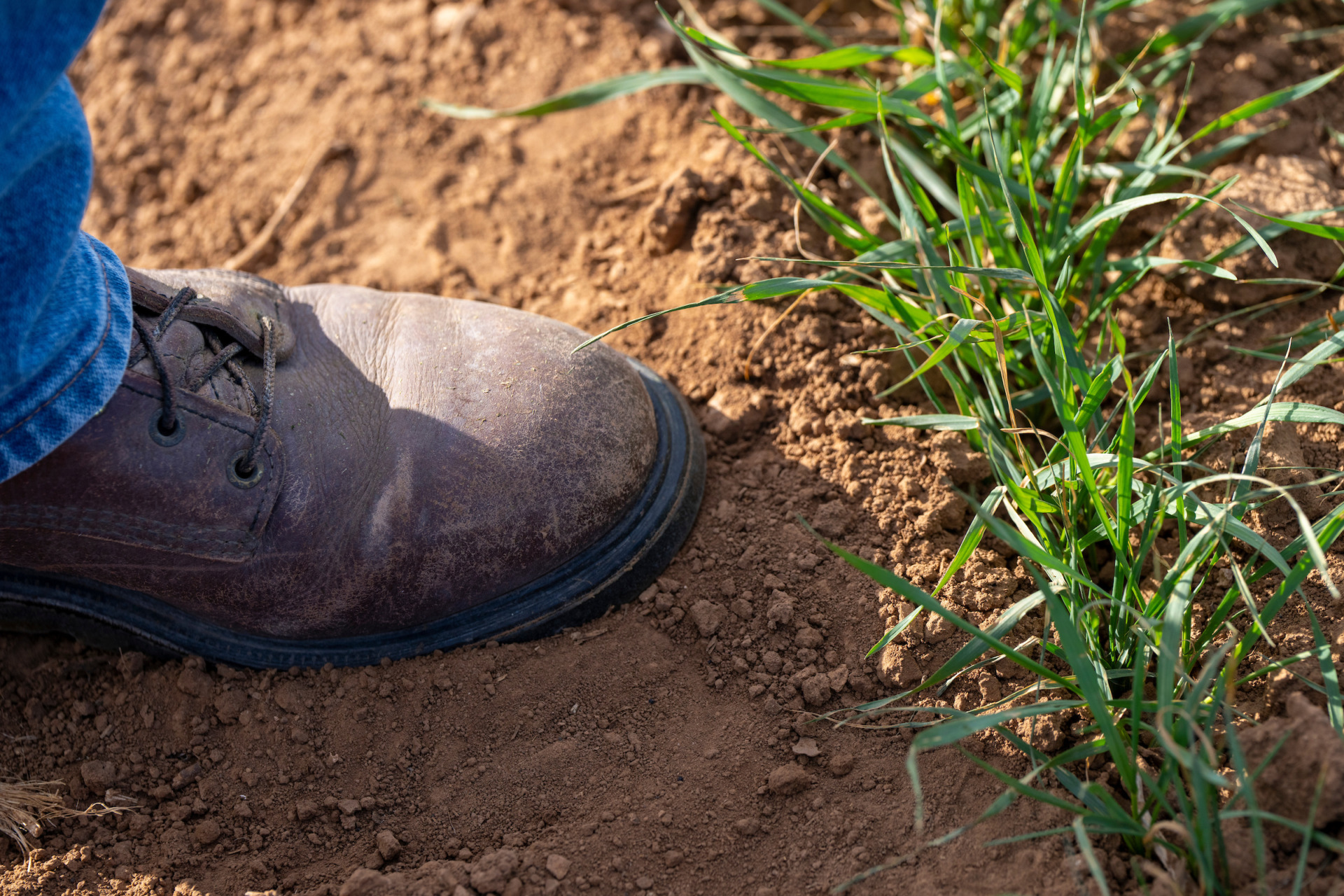AgriLife Research kicks off climate-smart project
Howe and Rajan lead collaboration across Texas
Texas A&M AgriLife Research recently kicked off the Texas Climate-Smart Initiative, a five-year large-scale pilot project to work with Texas’ commodity producers to adopt climate-smart agriculture and forestry practices, assess benefits, and develop models for voluntary, market-based climate solutions.

The $65 million project, funded by USDA’s Natural Resource Conservation Service, NRCS, is led by AgriLife Research scientists Julie Howe, Ph.D., soil chemistry and fertility professor, and Nithya Rajan, Ph.D., agronomy and agroecology professor, both in the Department of Soil and Crop Sciences in the Texas A&M College of Agriculture and Life Sciences.
Howe serves as the principal investigator on this project. Her research program primarily focuses on soil chemistry and fertility with an emphasis on the effects of land management on the profitability and sustainability of agroecosystems and the cycling of nutrients and carbon in the soil. Rajan, the lead co-principal investigator, heads a climate-focused research program and has served as the lead investigator or co-investigator on numerous projects related to greenhouse gas emissions and climate change.

“Our main focus in this project is to simultaneously improve resilience to climate change and mitigation of climate change through adoption of climate-smart practices,” Howe said. “Texas’ diversity in agriculture and natural resources — seen in our climates and soil — particularly, makes Texas a great place to create solutions that can be scaled to other areas of the nation and build upon existing infrastructure.”
Rajan leads the measuring, monitoring, reporting and verification, or MMRV part of the project. “We are setting up state-of-the-art instrumentation for measuring GHG emissions to verify estimates using models,” Rajan said.

Howe, along with partners across Texas, leads soil carbon sampling for participants enrolled in the project. “This is a unique effort where researchers and extension professionals collaborate with producers, ranchers, and forest landowners across the state in implementing climate-smart practices and monitoring its progress,” Howe said.
A collaboration with partners across the state
The grant involves more than 65 researchers from across AgriLife Research, Texas A&M AgriLife Extension Service and Texas A&M Forest Service located in College Station, El Paso, Weslaco, Uvalde, Corpus Christi, Beeville, Amarillo, Lubbock, Lufkin, Huntsville, Beaumont, Vernon, Stephenville, Temple, Sonora and Overton. These investigators also are a part of the Departments of Soil and Crop Sciences; Agricultural Economics; Biological and Agricultural Engineering; Animal Science; Rangeland, Wildlife and Fisheries Management; Horticultural Sciences and Agricultural Leadership, Education and Communications, all within the Texas A&M College of Agriculture and Life Sciences.
Two other Texas A&M University System entities are also involved, Prairie View A&M University and Tarleton State University.
The Texas State Soil and Water Conservation Board, TSSWCB, leads the development of climate-smart management plans and manages participant incentives. The University of Texas-Rio Grande Valley assists with recruiting and demonstration with vegetable production and translation of all recruiting and educational materials into Spanish. BCarbon and Nori are carbon market aggregators that will assess select operations for potential carbon crediting.
“We are very excited for the potential this project has for commodity producers to evaluate climate smart practices on their operations to improve sustainability and sequester more carbon,” Howe said. “We’ll be releasing more information over the next six months as we begin to roll the project out.”
Those looking to learn more about the initiative can email [email protected].





